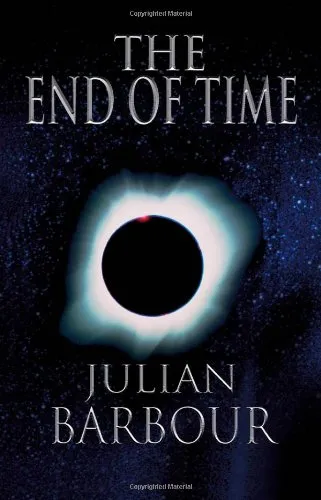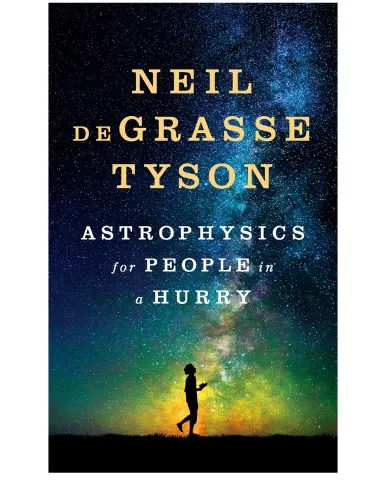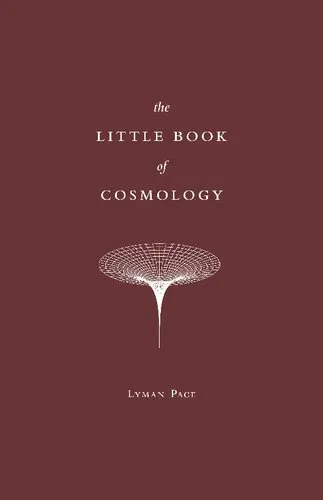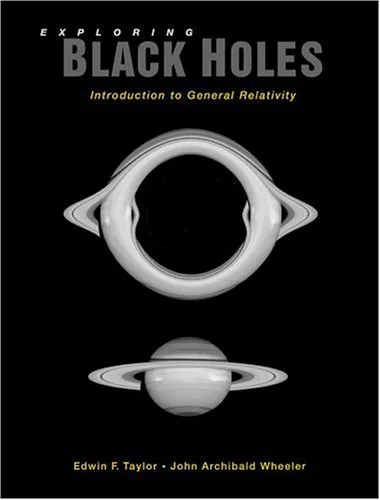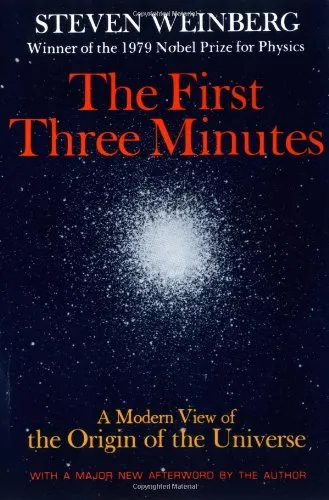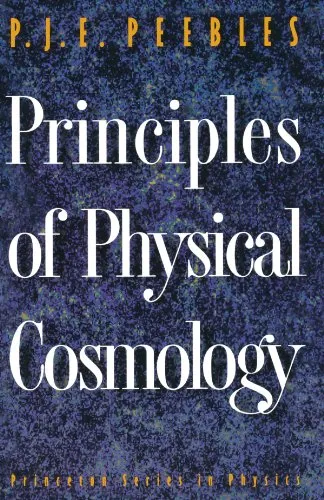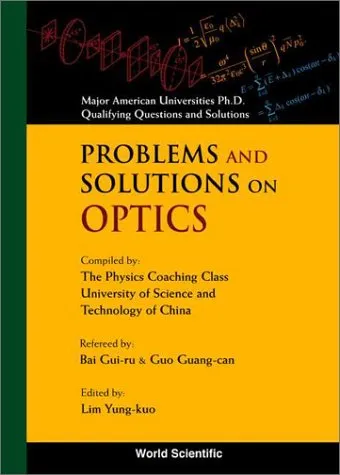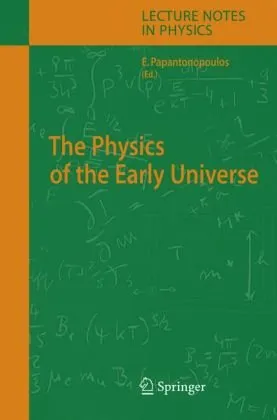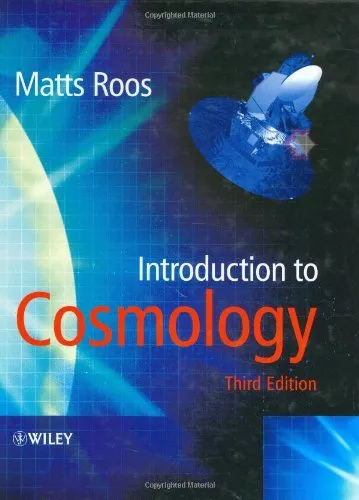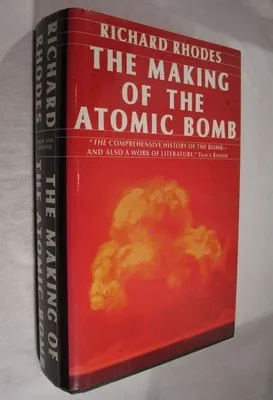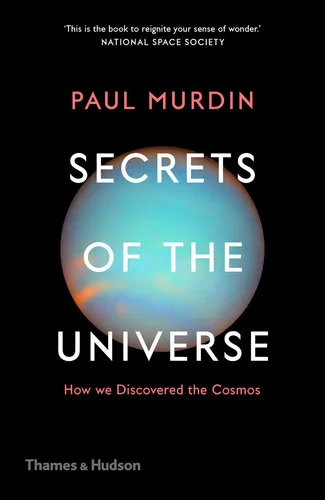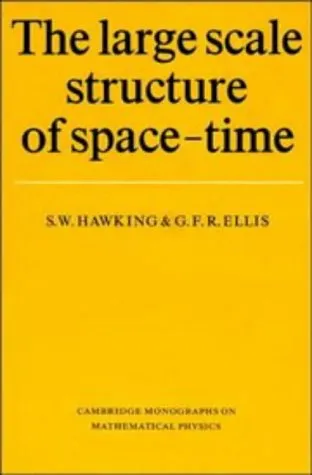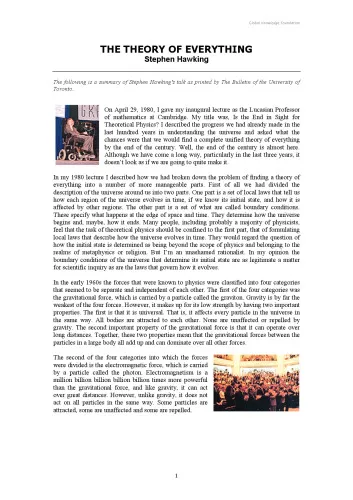The End of Time: The Next Revolution in Physics
4.0
Reviews from our users

You Can Ask your questions from this book's AI after Login
Each download or ask from book AI costs 2 points. To earn more free points, please visit the Points Guide Page and complete some valuable actions.Related Refrences:
Welcome to an exploration of time, its essence, and why it may not exist in the way we traditionally imagine. In The End of Time: The Next Revolution in Physics, physicist and philosopher Julian Barbour presents a radical proposition that challenges the foundational assumptions of modern science and our everyday experience. This book weaves together cutting-edge physics, thought-provoking philosophy, and extensive historical context to argue that time, as an entity, is an illusion.
Through its pages, readers will encounter a revolutionary worldview—one that suggests the universe exists as a collection of "nows" with no unfolding timeline. Barbour examines the implications of this idea for quantum mechanics, the theory of relativity, and humanity's quest to understand the universe. Let us dive into what this book entails and why it is critical to the landscape of modern physics.
Detailed Summary of the Book
In The End of Time, Julian Barbour presents a bold theory that calls into question our most deeply held notions about reality. He proposes that time is not a fundamental property of the universe but rather an emergent concept—a byproduct of human experience and interpretation. The book introduces the idea of "Platonia," a timeless realm composed of a vast collection of possible configurations of the universe. According to Barbour, each configuration or "now" exists independently, without relation to a past or future. In this framework, time itself becomes redundant.
The narrative delves deeply into historical and modern physics, critiquing both Newton's absolute time and Einstein's spacetime continuum. Barbour suggests that solutions to some of the greatest challenges in physics, such as reconciling quantum mechanics with general relativity, may lie in abandoning the concept of time altogether. He challenges readers to rethink the concept of change, motion, and causality, offering compelling arguments supported by mathematical reasoning and visual metaphors.
Key chapters explore topics like the physics of time, how time is perceived by the human brain, and the philosophical implications of a timeless universe. Barbour also investigates how his ideas interact with quantum mechanics, showing how the quantum wave function itself aligns with a timeless perspective. The book concludes with a discussion of how this paradigm shift could unlock new avenues of understanding fundamental physical laws.
Key Takeaways
- Time may not be a fundamental property of the universe—it could be an emergent concept derived from human perception.
- "Now" is the central concept in Barbour's theory, emphasizing the idea that all moments exist independently in Platonia.
- Reconciling quantum mechanics with general relativity might require questioning our assumptions about time and space.
- Barbour’s framework offers a fresh perspective on physics, providing new tools for tackling unanswered questions in cosmology.
- This book challenges not only scientists but everyone to reconsider their understanding of existence, motion, and causation.
Famous Quotes from the Book
"The only thing that exists is change. Time is just a reflection of change."
"Each instant we live is, for us, the present moment. But what if those moments were not connected, and time an illusion?"
Why This Book Matters
Julian Barbour's The End of Time stands as a groundbreaking work that redefines our understanding of modern physics and cosmology. It is not just a scientific proposal but a philosophical reckoning with ideas deeply ingrained in human culture and thought. This book matters because it dares to question one of the most fundamental aspects of our everyday lives—time itself.
For physicists, the book offers a daring hypothesis that could lead to breakthroughs in unifying the major theories of the universe. For philosophers, it challenges centuries of metaphysical assumptions about reality, causality, and change. For the general reader, it provides a compelling narrative that draws them into the heart of modern scientific discovery while provoking deep existential reflection.
In an era when the boundaries between disciplines like physics, cosmology, and philosophy are increasingly blurred, Barbour's work serves as a bridge that invites readers from all walks of life to participate in the scientific and philosophical conversations that shape our understanding of existence.
Free Direct Download
You Can Download this book after Login
Accessing books through legal platforms and public libraries not only supports the rights of authors and publishers but also contributes to the sustainability of reading culture. Before downloading, please take a moment to consider these options.
Find this book on other platforms:
WorldCat helps you find books in libraries worldwide.
See ratings, reviews, and discussions on Goodreads.
Find and buy rare or used books on AbeBooks.
1533
بازدید4.0
امتیاز0
نظر98%
رضایتReviews:
4.0
Based on 0 users review
Questions & Answers
Ask questions about this book or help others by answering
No questions yet. Be the first to ask!
